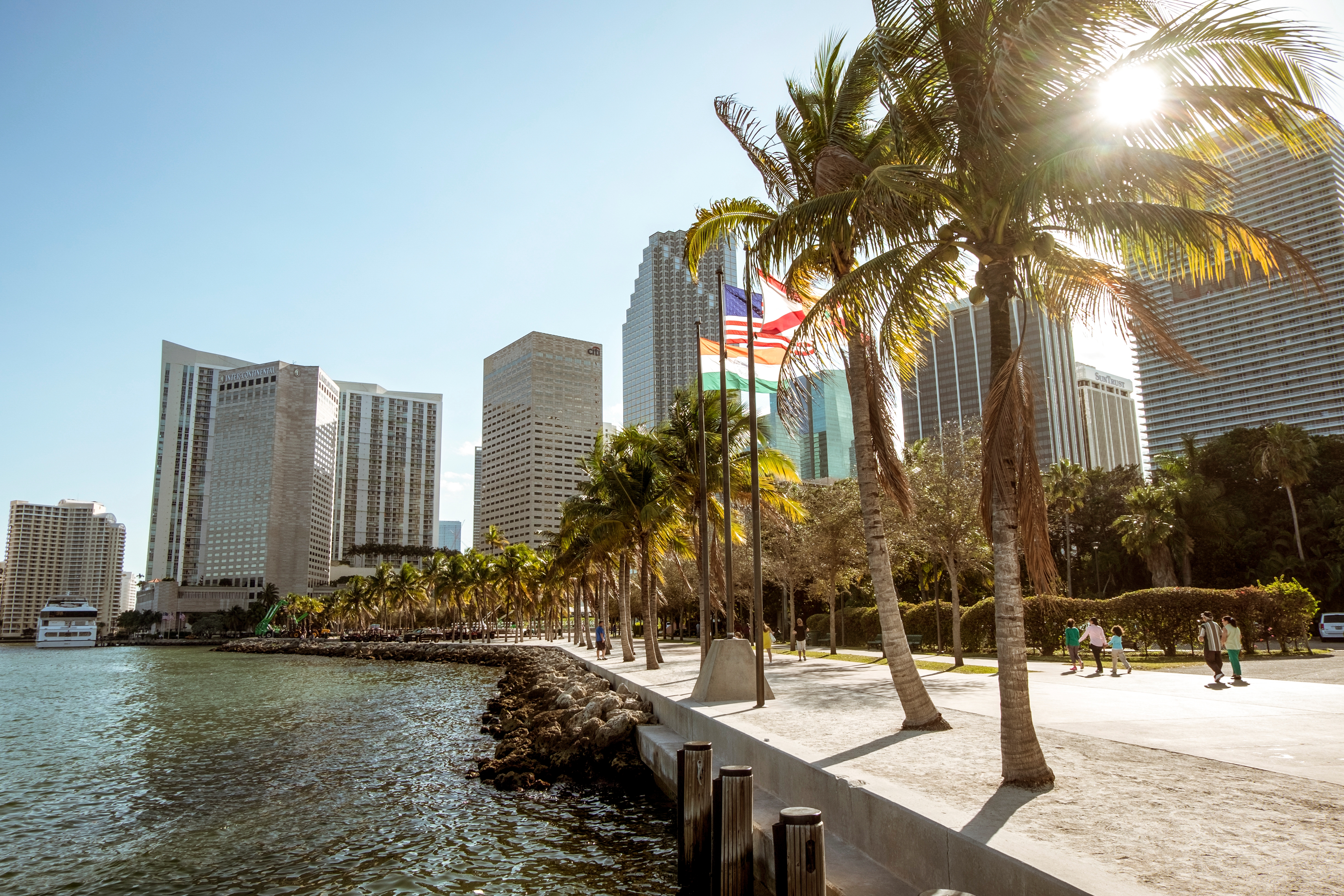Stat ta' Florida
Join a local Host Club: Want to connect with Hosts in your area to get tips and advice? It’s easy—find your community’s official Host Group on Facebook:
- Central Florida & Orlando Area Airbnb Host Community
- Florida North Atlantic Coast Airbnb Host Community
- Miami Area Airbnb Host Community
- Palm Beach County Airbnb Host Community
- Panama City Area Airbnb Host Community
- Pensacola & Destin Area Airbnb Host Club
- South FL Atlantic Coast Area Airbnb Host Community
- Tampa Bay & Gulf Coast Area Airbnb Host Community
When deciding whether to become an Airbnb host, it's important for you to understand the laws in your city. As a platform and marketplace we do not provide legal advice, but we want to give you some useful links that may help you better understand laws and regulations in Florida. This list is not exhaustive, but it should give you a good start in understanding state laws. If you have questions, contact the Florida Department of Business and Professional Regulation (DBPR) or other local agencies directly, or consult a local lawyer or tax professional.
State Vacation Rental License
Florida law defines many types of lodging establishments, including vacation rentals. While many Airbnb listings will be vacation rentals, that categorization may not apply to all listings. Please consult the Florida DBPR’s webpage to determine the appropriate category and licensing requirements for your listing.
The state of Florida requires that all vacation rentals in the state be licensed through the DBPR.
Vacation Rental is defined in Florida law as: “any unit or group of units in a condominium or cooperative or any individually or collectively owned single-family, two-family, or four-family house or dwelling unit that is also a transient public lodging establishment but that is not a timeshare project.”
- Vacation Rental - Dwelling Application
- Vacation Rental - Condo Application
Hosted Rentals (short-term rentals while the host remains in the home) are not regulated by DBPR. Renting a single room or rooms other than the whole unit is not classified as a public lodging and would not require a license from DBPR. However, hosted rentals may still be subject to other city, county, or other local level requirements.
Tax
Guests who book Airbnb listings that are located in the State of Florida are required to pay certain taxes as part of their reservation. Airbnb collects and remits on behalf of hosts sales tax across the state of Florida. Airbnb also collects and remits Tourism Development Taxes (TDT) on behalf of hosts in the Florida counties listed here. Florida hosts in unlisted counties must collect and remit county taxes in accordance with county law, if applicable. Hosts located in these counties are also responsible for assessing all other applicable tax obligations, including those relating to city jurisdictions. Additional information regarding tax collection and remittance by Airbnb.
Homestead Exemption
When someone owns property in the state of Florida and makes it his or her permanent residence or the permanent residence of his or her dependent, the property owner may be eligible to receive a property tax exemption of up to $50,000. For FAQs and additional information regarding the homestead exemption and how it may or may not be affected by short-term rental activity, visit the Florida Department of Revenue website, and review the Florida Statute 196.061.
Municipal/Local Laws
Local governments in the state of Florida may also have laws and regulations in place for short-term rentals. If you have questions regarding these laws, consult your local county and municipality (ex: city, town) or a local lawyer or tax professional.
Other Rules
It's also important to understand and abide by other contracts or rules that bind you, such as leases, condo board or co-op rules, HOA rules, or rules established by tenant organizations. Please read your lease agreement and check with your landlord if applicable.
We're committed to working with local officials to help them understand how Airbnb benefits our community. Where needed, we will continue to advocate for changes that will allow regular people to rent out their own homes.
Last updated August 2018
